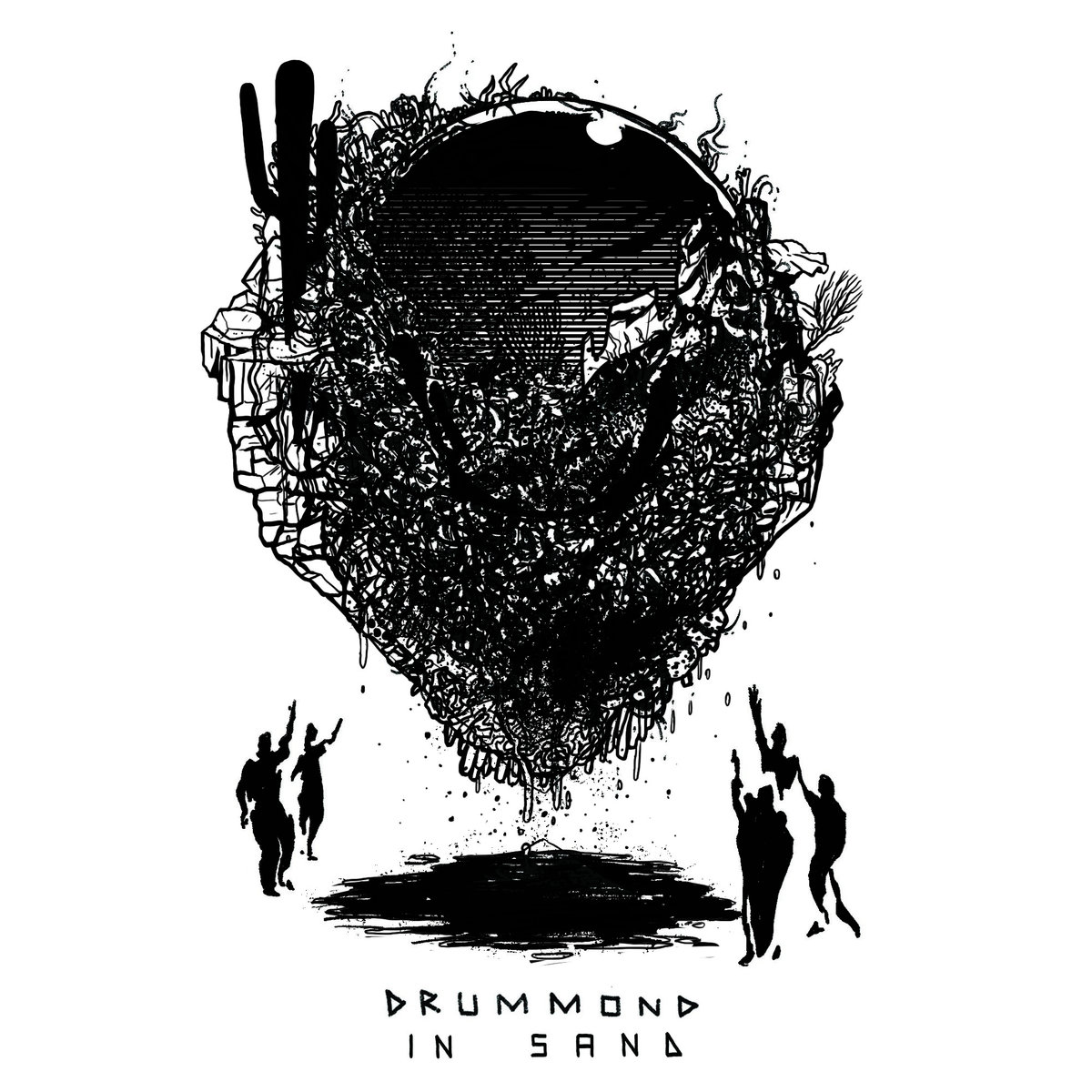Back in December, you launched an album entitled “Voices from the Past.” How do you feel about the release?
I feel like I have reached a certain milestone. This is my debut album of my own music. I have been a video game composer and sound designer for many years, and it was hard to find time for my stuff. Finally, I was able to do it. I feel satisfied. And I hope people like the result. In many ways, it depends on this whether I will actively continue such musical activities. On the other hand, I am a little cunning, because I’m already preparing material for the next album. However, I wanted to add some drama.
How much of a challenge was it to work on the album?
It was difficult to find time for one music while writing other music. For several years, while bit by bit preparing this album, I was engaged in the recording of the orchestra for video game projects (Cinderella: New Story and Modern Warships to name a few) and the sound design of many projects, including Mobile Legends franchise. Without even a primary musical education, I was engaged in creating arrangements and even creating scores for the orchestra, recording with wonderful people from the Budapest Scoring Orchestra (by the way, in my plans for the future there is an item “record an album with a live orchestra”). In addition, I am the father of two children. And I hope you can imagine how difficult it is to fit into this schedule the creation of deeply personal music, and what a challenge it was for me.
Speaking of challenges, have you set any in the early phase of what has become the final result?
The main challenge for a guitarist (and I am a solo guitarist primarily) is maintaining the skill. If you do not practice the guitar professionally and constantly, then the skill will undoubtedly fall. I practice every day for several hours, so as not to waste it. The writing of this album allowed not only to leave the skill at the same level, but also to strengthen it, what should be reflected in the next album, which will be devoted mainly to guitar music.
Otherwise, I tried not to set myself any tasks initially. The album began spontaneously with a few unrelated singles, but soon grew into something more, which has now taken shape and is available for everyone to listen to. And it’s wonderful!
Tell me about the different instrumental aspects that you explore on these songs.
As I already said, I have no musical education and I had a very little experience of working with musicians. On this album, I worked with a saxophonist on two tracks, and it was interesting and instructive. First, I did a mini-casting. It turned out that choosing a saxophonist who understands your music is quite difficult. I went through four musicians before I found the right sound. Then I realized how diverse the approach to music could be, depending on the personality of the musician, his taste and style of playing. It may sound trite to many, but live music is called “live” because it breathes and has a billion nuances. In future releases, I plan to use as many live musicians as possible. At this stage, I play almost all the instruments myself. It was extremely interesting to explore and apply them in the process.
What is your opinion about the progressive rock scene today?
I learn about many progressive rock bands by accident. For example, I found out about “The Dear Hunter” by stumbling upon their vinyl cover on the web, I liked it, after which I began to listen to their album, and only then I thought “damn, why didn’t I know about them before?” My opinion is that progressive rock has too few listeners these days. Critically few! And this needs to be corrected. It is hard to say how to do it, but we, as musicians, will try to do our best. Do you notice how various prog rock, fusion and city pop albums from the 70s and 80s are now popping up on YouTube and gaining new life? It is kind of a renaissance, the music is finally finding its audience after decades, and it is sad and beautiful at the same time. Accordingly, there is a chance that our albums will find their audience over the years. Or will it happen now? You decide.
Let me know about your influences—the artists that in a way shaped and continue to shape your music.
As a guitarist, I have to say that my main influence was naturally guitarists. Since childhood I admired Yngwie Malmsteen, Steve Vai, Joe Satriani. Now, if you suddenly ask “who is the best guitar player in the world?” without hesitation I will answer “Guthrie Govan”. These are the people who shaped my approach to guitar solos. As for the music in general, I like a wide range of genres, from pop to heavy metal. I am also fond of video games and movie soundtracks. Surprisingly, with all of the above, in recent years I just fly away from Tatsuro Yamashita. This is, perhaps, my main musical ideologist and a person who needs to be equal musically.
If we talk about my favorite progressive rock, jazz and fusion bands, then these are The Dear Hunter, Snarky Puppy, Casiopea, Kansas, Tropea, Kingo Hamada, Jeff Lorber Fusion to name a few.
What are your top 5 records of all time?
The Dear Hunter – Act IV: Rebirth in Reprise (2015)
Snarky Puppy – We Like It Here (2014)
Guthrie Govan – Erotic Cakes (2011)
Tatsuro Yamashita – For You (1982)
Casiopea – Casiopea (1979)
Besides the release of “Voices from the Past” are there any other plans for the future?
Working more with live symphony orchestras and video game soundtracks is my passion. Record the next album with a focus on virtuoso guitar solos (work in progress). Record my own album with an orchestra. To work more with different musicians, to participate in collaborations if possible. To travel more and gain emotions, then to express them with the help of music. To live and enjoy life itself.
“Voices from the Past” is out now, and is available from Bandcamp.

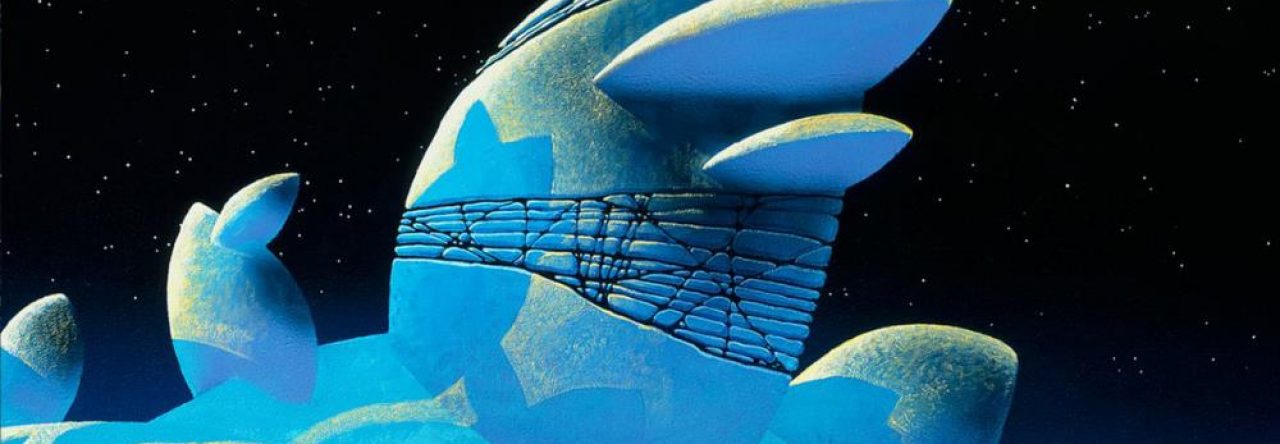
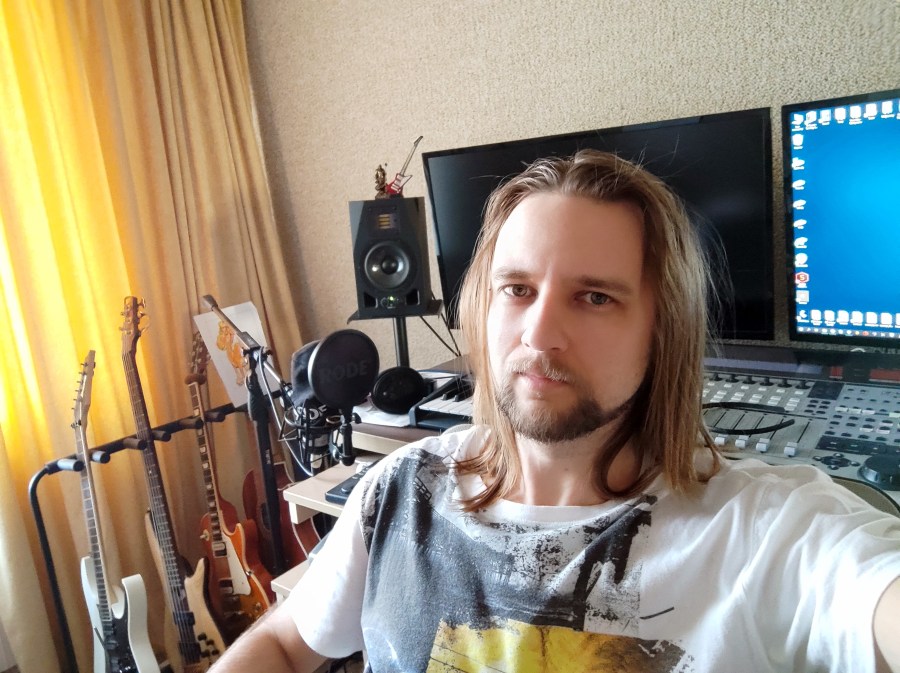
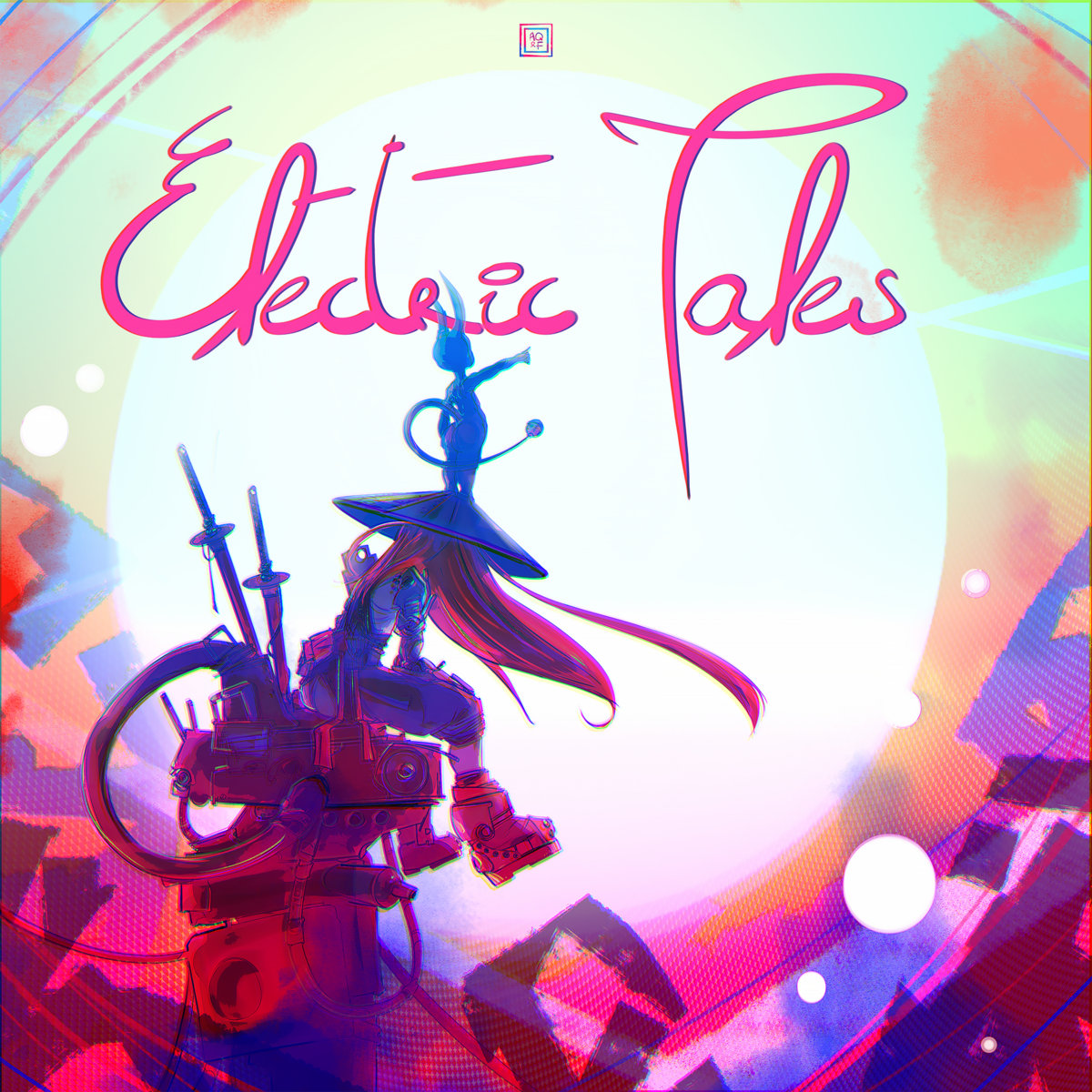 Arnaud Quevedo & Friends, Electric Tales, 2020
Arnaud Quevedo & Friends, Electric Tales, 2020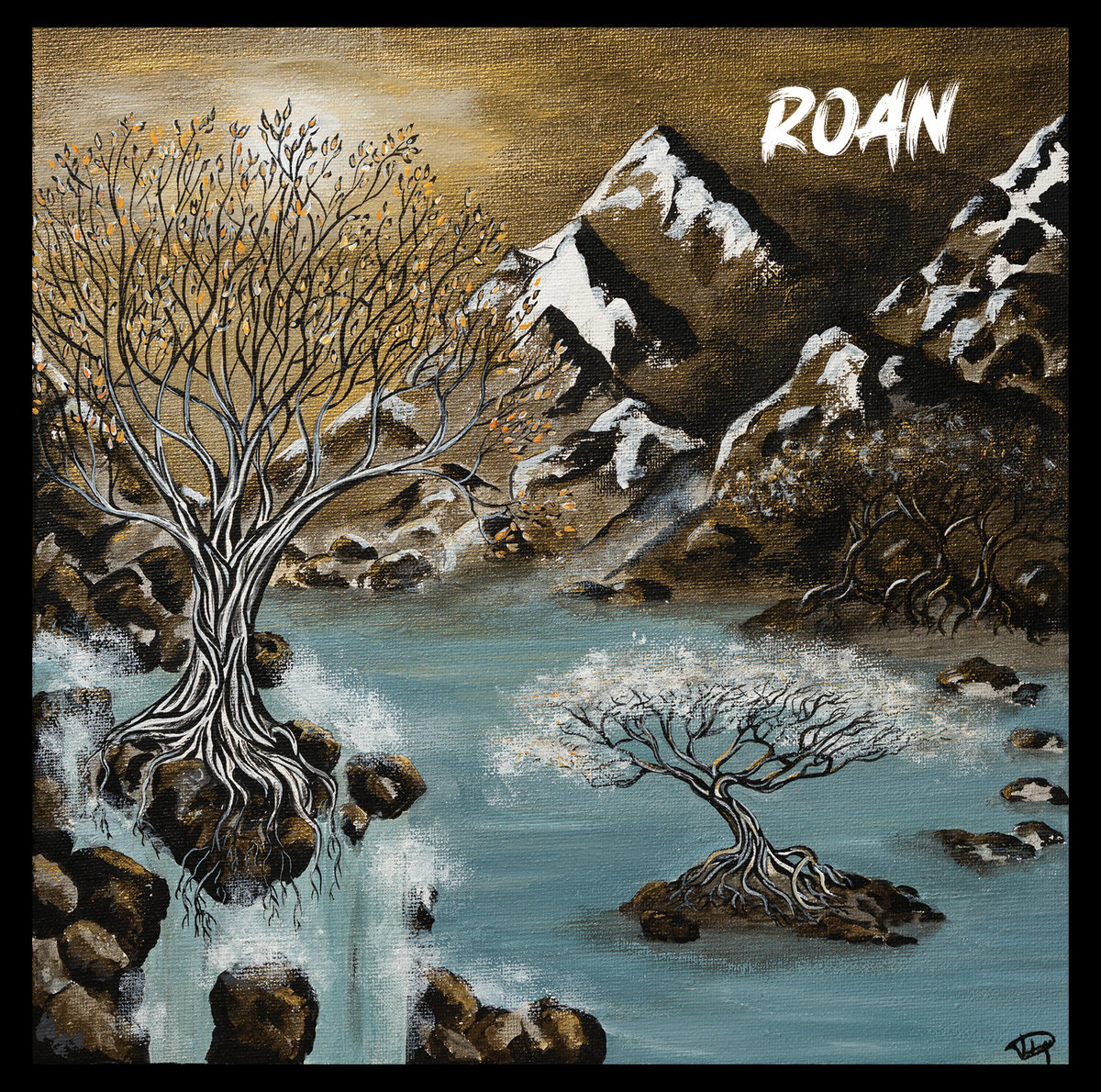
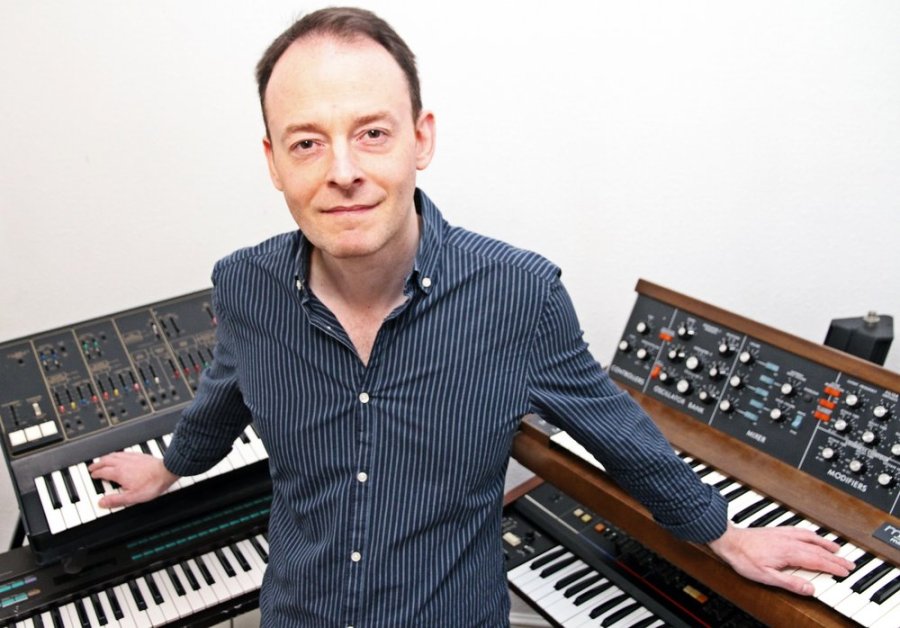
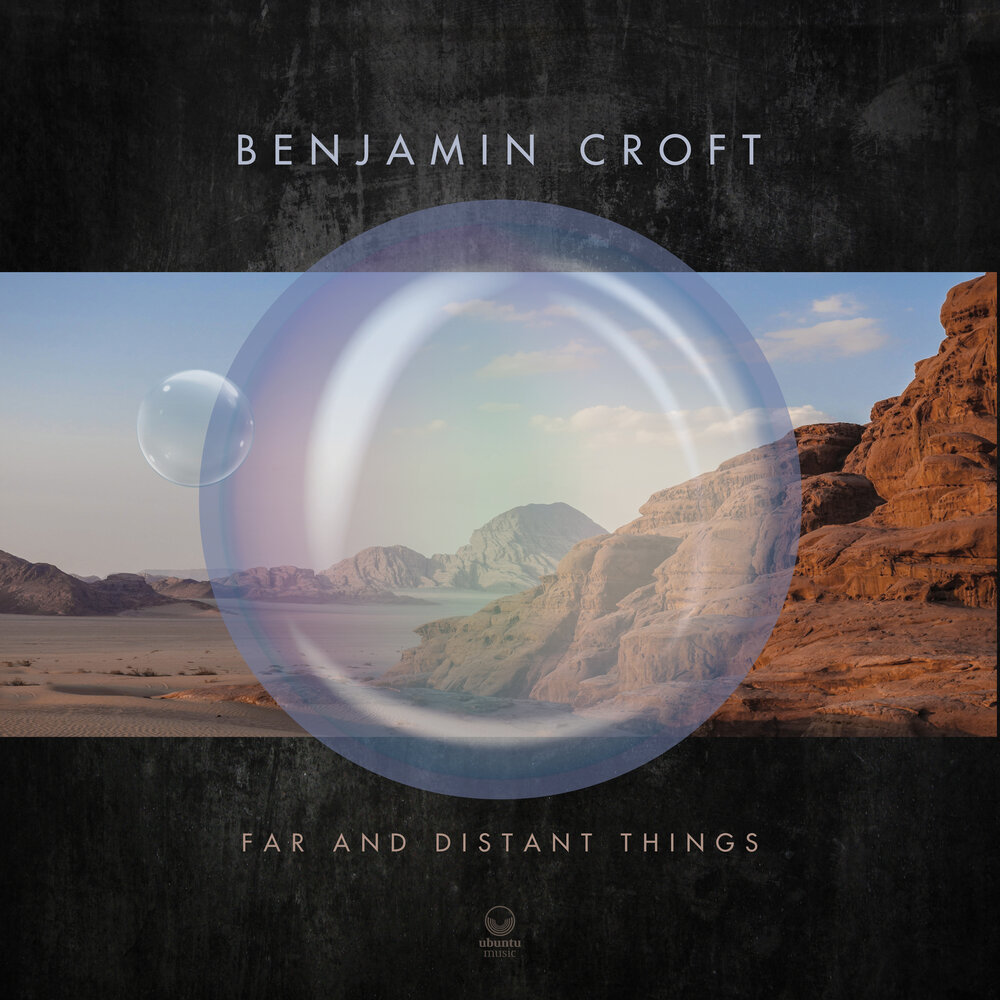 Benjamin Croft, Far and Distant Things, Ubuntu Music, 2021
Benjamin Croft, Far and Distant Things, Ubuntu Music, 2021 In addition to the tenth anniversary show, Ron is releasing a short album called Lines & Circles under the band name, Drive In Movie Band. The group features musicians from all around the world. This just under a half-hour album is all instrumental, highlighting the complex and jazz side of the genre. The first track even has a bit of an early King Crimson vibe.
In addition to the tenth anniversary show, Ron is releasing a short album called Lines & Circles under the band name, Drive In Movie Band. The group features musicians from all around the world. This just under a half-hour album is all instrumental, highlighting the complex and jazz side of the genre. The first track even has a bit of an early King Crimson vibe. 